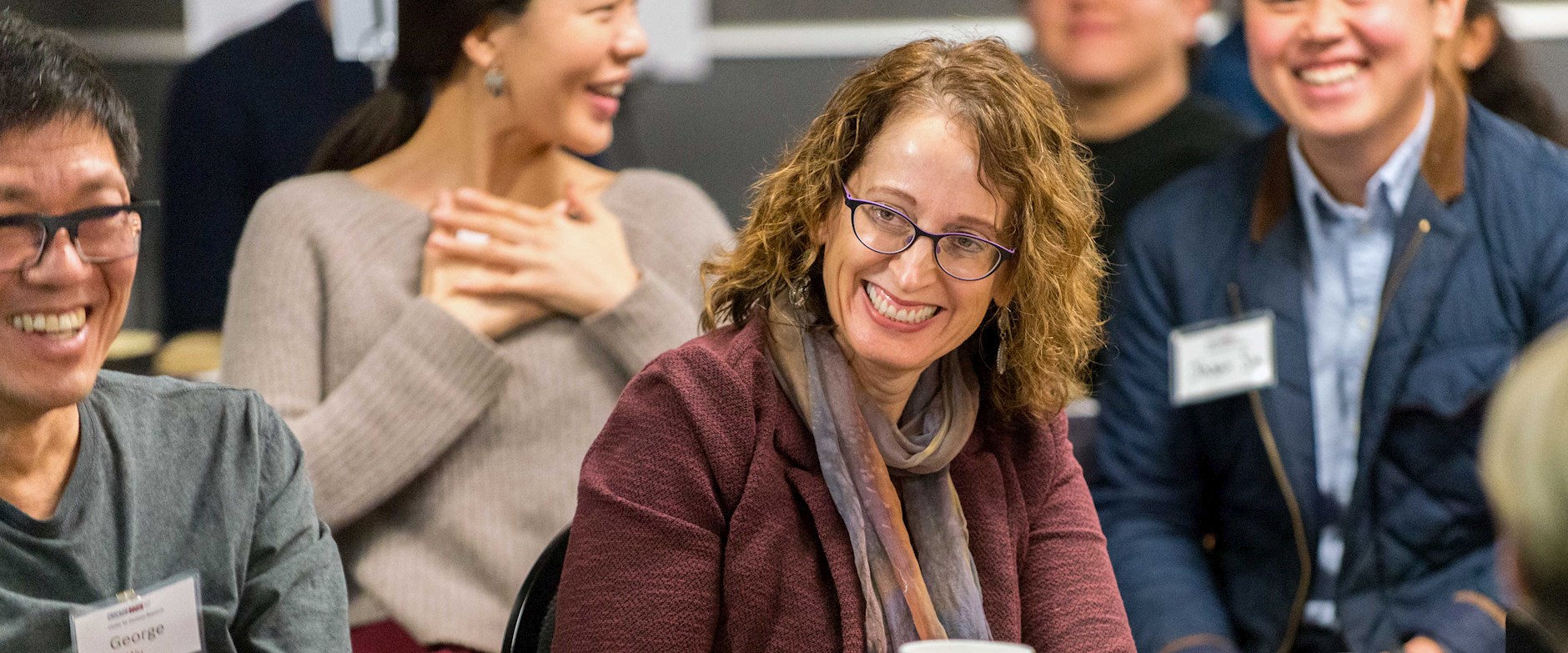

Roman Family Center for Decision Research Who We Are
The Roman Family Center for Decision Research is a dynamic community of behavioral scientists who examine the processes by which intuition, reasoning, and social interaction produce beliefs, judgments, and choices.
As part of the University of Chicago Booth School of Business, the center is home to faculty whose accolades include the Nobel Prize and MacArthur Fellowship. Learn more about the Roman Family CDR and behavioral science research.
Meet our team


Principal Researchers
Principal researchers at the RF-CDR collaborate with faculty on innovative projects about judgment, decision-making, and more.
Principal Researchers

PhD Students
Meet our students who conduct innovative research and advance the discipline of behavioral scientists for academia, business, and mission-driven organizations.
PhD Students
Never Miss the Latest News
Sign up to receive emails from the RF-CDR and stay up to date on behavioral science research, programs, and events.
Contact Us
For general inquiries or additional information about the RF-CDR, please email us, or contact:
The Roman Family Center for Decision Research
University of Chicago
Booth School of Business
5807 South Woodlawn Avenue
Chicago, Illinois 60637
Phone: 773.834.9857
Fax: 773.834.9134
PIMCO Decision Research Labs
If you have questions or need to contact the lab staff, contact us at cdrlabs@chicagobooth.edu.



